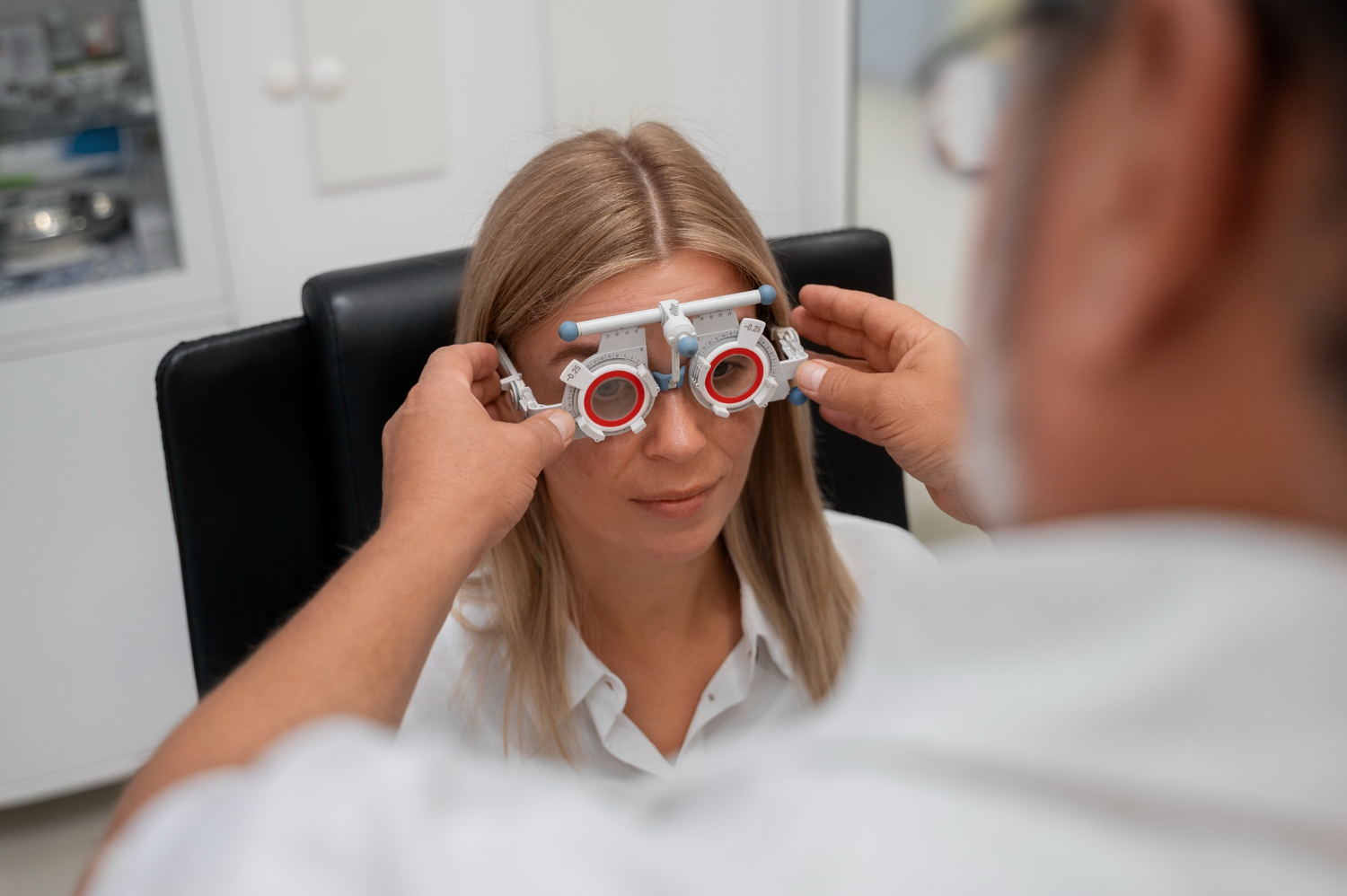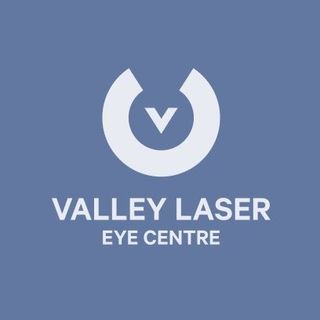PRK, also known as photorefractive keratectomy, is a surgical technique that may improve your vision. To keep your eye open, the doctor had to use specialized equipment. Your eye’s surface cells were either removed or rearranged. You had your eye bandaged with contact lenses from the doctor’s office.
A few days after the procedure, your eye may feel puffy, itchy, or a burning sensation. There are several reasons your vision may be blurry, your eyes are watering, or your nose is running. It may be many weeks before you regain your normal vision. The majority of the time, though, you should be able to return to your routine within five days at the latest.
You may suffer light sensitivity or see starbursts or halos for three weeks. Most people’s eyesight will return within a few weeks. Recovering from an illness or injury is a process that is unique to each individual.
You may speed up your recovery by following the steps suggested below:
Tips and Care Techniques
- It’s best to see your doctor before getting behind the wheel.
- After surgery, your doctor may tell you to get some shut-eye when you arrive home. Keep your eye closed to see whether it helps the healing process.
- The day following surgery, you may take a shower and wash your hair. Water, soap, shampoo, and hairspray should all be kept out of your eyes for the first week.
- For at least a week, avoid rubbing or applying pressure to the eye.
- Do not put on eye makeup for a week. Consider avoiding face cream or lotion as well.
- Do not dye or perm your hair for at least ten days following surgery.
- Don’t exercise for two or three days following surgery if you’re afraid you’ll get any sweat in your eyes.
- For 2 to 4 weeks after surgery, refrain from intense or contact sports such as boxing or football. If you decide to take up a new activity that involves physical contact, you should use eye protection, such as goggles.
- You should avoid swimming, hot tubs, gardening, and dusting for two weeks.
- Do not expose your skin to the sun for at least a year following surgery.
Medicines
Resuming medication will depend on your doctor’s recommendation. They will also tell you how to take any new drugs you have been prescribed.
Ask your doctor whether and when you may resume taking aspirin or another blood thinner. Verify that you fully comprehend the instructions given to you by your physician.
Only use eye drops as directed by your physician. Before applying the drops, make sure to cleanse your hands thoroughly. To administer eye drops, follow these instructions:
- Pull your lower eyelid down using one finger while leaning your head back.
- Next, put a few drops or squirts of medication in the bottom lid.
- Allow the drops or ointment to circulate in your eye for 30-60 seconds after applying them.
- Keep the ointment or dropper tip away from your eyelashes and any other surface.
- Take pain medications exactly as prescribed by your doctor.
You must get follow-up care to ensure your health and well-being. You must keep all of your visits and contact your doctor or nurse if you have any difficulties. Your test findings and your medications should also be kept in mind.
Important Reminders
Always dial 911 if you suspect an emergency. For instance, if:
- You’ve been knocked unconscious (lost consciousness).
- You’re having a lot of difficulty breathing.
- You experience a jolt of pain in your chest, loss of breath, or blood in your cough.
The following situations need urgent contact with a medical professional. You may be suffering from an eye infection, with symptoms like:
- Discharge from the eye that is thick and mucus-like.
- Swelling or redness around the eyes.
- A high temperature.
- You are experiencing eye discomfort that is either new or worse than before.
- You see things differently.
- Your eye feels as though it’s been infected
- Your eyes are irritated by the bright light.
Conclusion
Every eye surgery patient is different. The recovery period will depend on the individual, age, and procedure type. One tip is to be proactive as you recover from surgery. This way, you’ll feel empowered and in control.
You should be able to relax and let your body rest. Use these tips to help you recover as fast as possible.
Are you trying to find an ophthalmologist in Abbotsford? Valley Laser Eye Centre is the best laser eye clinic in Abbotsford, British Columbia. We deploy cutting-edge technology in a welcoming environment with an exceptional workforce. Feel free to contact us.
Disclaimer: This blog post does not replace medical advice and should not be implemented before consulting a fully certified medical professional.





